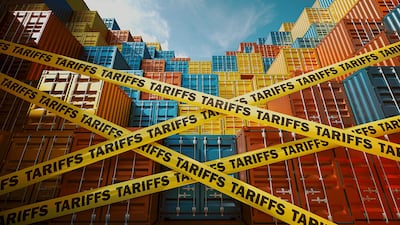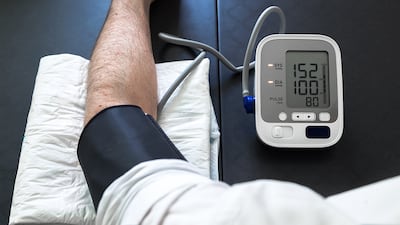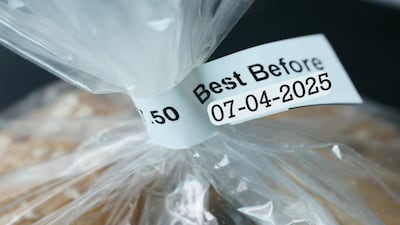Sustainability
MedTech Forum 2025 was less MDR-focused than in previous years, as macro issues and exogenous threats were forced further into the center of medtech business thinking.
The whirlwind back-and-forth on US tariffs and Robert F. Kennedy jr.’s plans to deregulate health care have become all-preoccupying, but the National Academy of Medicine was first to set out President Trump’s health administration priorities.
A new European initiative will help trial sponsors better understand whether digitization and decentralized clinical trials of drugs generate less carbon than traditional methods.
Bringing AI and digital healthtech innovation to patients works most efficiently via a three-way partnership in which clinicians and cloud services have equal weighting with a powerhouse innovator, Royal Philips told In Vivo during ECR 2025.
As deadlines approach, the regulatory landscape for medtech batteries is set to change, with an emphasis on sustainability and ethical practices.
A new methodology for measuring pharmaceutical company carbon footprints could lead to a single standard for producing these calculations that is applicable to all medicines sold in France, said the industry association, Leem. However, it warned that there remains uncertainty about how the methodology will work in practice.
Restrictions on commonly used chemicals, increased reporting requirements and enhanced environmental risk assessments are just some of the new EU sustainability and environmental rules pharmaceutical companies are potentially facing. While some measures are multi-sectoral, others are pharma specific. The Pink Sheet takes a look at some of the developments in 2024 and expectations for 2025 and beyond.
The World Health Organization (WHO) has launched an initiative to highlight the pressing global need to reduce the impact of the pharmaceutical industry on the environment while maintaining high standards of safety and efficacy for products.
Royal Philips is at the forefront of the driving environmental sustainability along the Scope 1-2-3 chain. The company hosted a round table in Amsterdam to hear experiences from providers.
FDA and USDA ask for comments on questions on date labeling for food, supplements in response to Biden administration’s June 2024 final National Strategy for Reducing Food Loss and Waste and Recycling Organics.
The Design for Life roadmap will help medtech companies comply with the UK NHS’s Net Zero 2045 greenhouse gas emissions target. A dedicated medtech innovation center is mooted.
Cosmetics Europe’s John Chave highlights the important role that industry must have in educating the public about chemicals used in cosmetic products. The association’s COSMILE Europe database launched last year is one such measure to combat misinformation while industry braces for potential impacts resulting from new hazard categories under the Classification, Labeling and Packaging (CLP) regulation.











